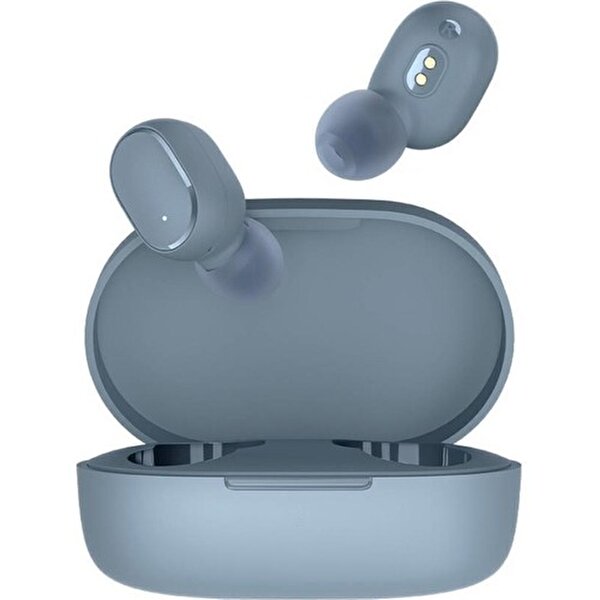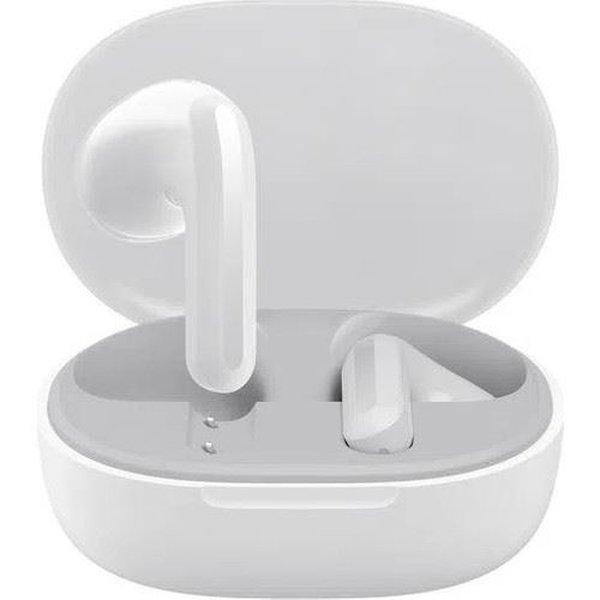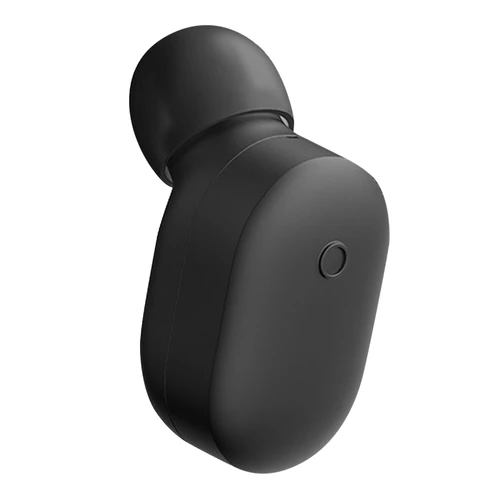
Mi True Wireless Earphones 2 Pro Bluetooth Kulaklık - Kulaklıklar - İrismo Store | Kıbrıs'ın Teknoloji Mağazası

Xiaomi Mi True Wireless Earbuds Basic - Bluetooth Kulaklık ve Tüm Cep Telefonu Aksesuarları sahibinden.com'da - 1090687876

Xiaomi Mi TWS Earphones 2 Basic Kulak İçi Bluetooth Kulaklık Fiyatları, Özellikleri ve Yorumları | En Ucuzu Akakçe

Xiaomi Mi True Kablosuz Kulaklık Basic 2, Airdots 2 Bluetooth Kulaklık, Kablosuz Bluetooth 5.0, Manyetik Şarj Kılıfı (Global Versiyon), Siyah : Amazon.com.tr: Elektronik

Xiaomi Benim özel kablosuz temel kulaklık, 2S, Bluetooth 5.0, dokunmatik kontrol, düşük gecikme süresi ve mikrofonlu stereo kulaklık (Redmi Airdots 2S) : Amazon.com.tr: Elektronik

Satın alın Xiaomi Redmi Buds 4 active TWS Earphone Bluetooth 5.3 Environmental Noise Cancellation Mic Wireless Headphone | Joom

Xiaomi mi gerçek kablosuz kulakiçi Redmi AirDots 2s Bluetooth 5.0 dokunmatik kontrol TWS kulaklık oyun modu USB C kulaklık - AliExpress



















